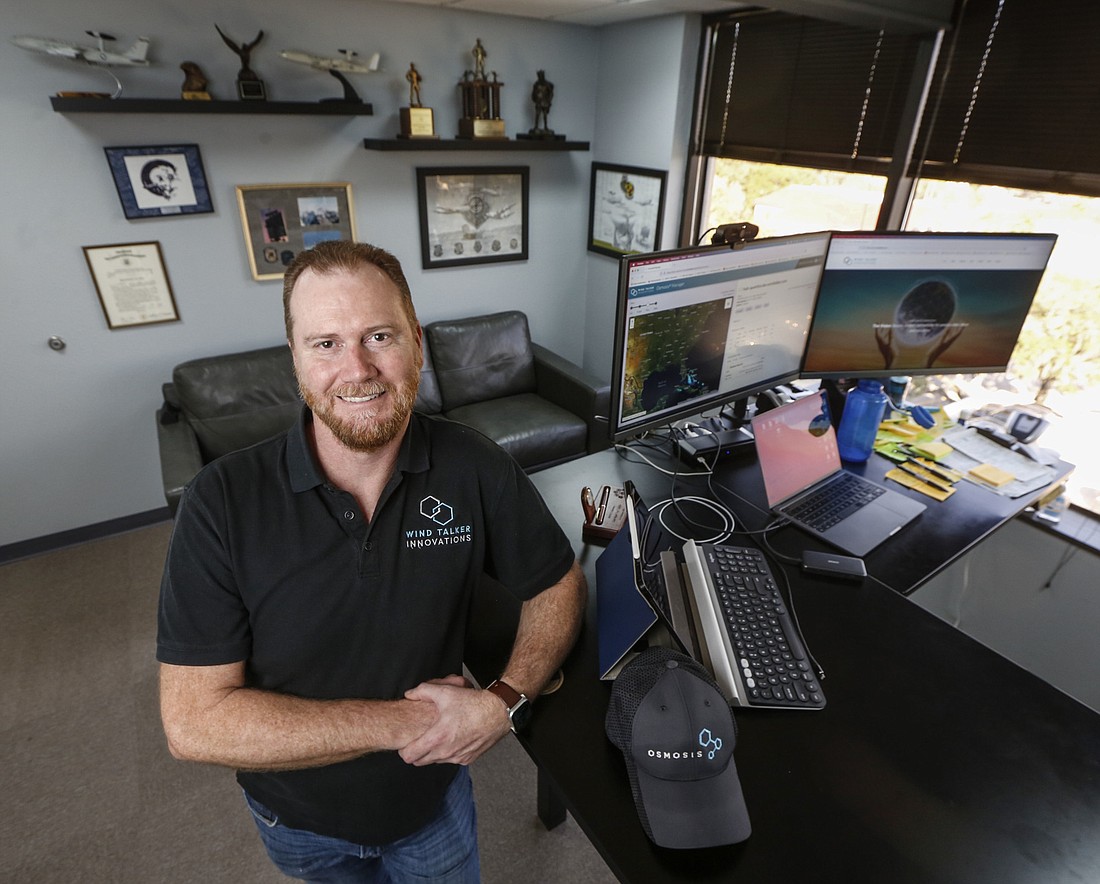- December 18, 2025
-
-
Loading

Loading

What if inexpensive software was commercially available that could enable seamless broadband internet access for devices otherwise without connectivity, even in remote locations beyond the reach of cell towers?
What if manufacturers installed that software into electronic products to “be the connective tissue” that “turns every device itself into infrastructure?”